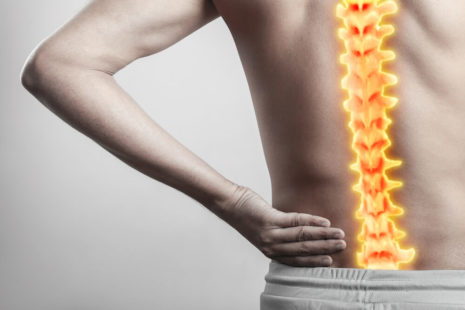Recovery for boxers involves a combination of physical, mental, and nutritional strategies to optimize performance, prevent injuries, and support overall well-being. Boxing is a physically demanding sport that places significant stress on the body, so proper recovery is essential to maintain peak performance and minimize the risk of overuse injuries.
Here are some key aspects of recovery for boxers…
- Rest and Sleep – Adequate rest and quality sleep are crucial for recovery. During sleep, the body repairs and rebuilds tissues, including muscles and ligaments. Aim for 7-9 hours of sleep per night to support optimal recovery.
- Hydration – Proper hydration is vital for athletic performance and recovery. Drink plenty of water throughout the day, especially before, during, and after training sessions.
- Nutrition – A well-balanced diet is essential for recovery. Ensure you consume enough carbohydrates, proteins, and healthy fats to provide the necessary energy and nutrients for training and recovery.
- Post-Training Nutrition – Consume a post-training meal or snack containing carbohydrates and protein within an hour after each training session to aid muscle recovery and replenish glycogen stores.
- Stretching and Mobility – Incorporate regular stretching and mobility exercises into your routine to improve flexibility and reduce the risk of injuries.
- Foam Rolling and Massage – Foam rolling and self-massage can help alleviate muscle tension and soreness, promoting faster recovery.
- Active Recovery – Engage in low-intensity activities such as walking, swimming, or cycling on rest days to promote blood flow, reduce muscle stiffness, and aid recovery.
- Ice Baths or Contrast Baths – Cold-water immersion, like ice baths or contrast baths (alternating between cold and warm water), can help reduce inflammation and muscle soreness after intense training sessions.
- Mindfulness and Mental Recovery – Mental recovery is as important as physical recovery. Engage in relaxation techniques, meditation, or other mindfulness practices to reduce stress and promote mental well-being.
- Listen to Your Body – Pay attention to any signs of overtraining or injury. If you experience pain or fatigue that doesn’t resolve with rest, seek medical attention.
- Periodization – Follow a structured training program that includes higher and lower intensity periods to prevent burnout and optimize performance.
- Recovery Tools – Consider using recovery tools such as compression garments, electronic muscle stimulation (EMS), or cryotherapy to aid recovery.
Recovery is an individual process; what works best for one boxer may not work for another. Listen to your body, be consistent with your recovery practices, and seek guidance from a coach, trainer, or physical therapist.




